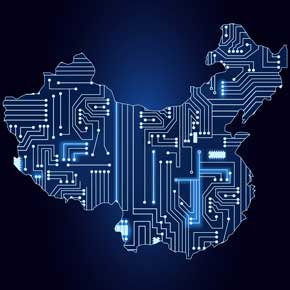China’s Tech Revolution: Unpacking the Formula for Success
The Strategic Moves and Innovations That Transformed China into a Global Tech Leader

China’s rapid technological progress is the result of strategic government planning and massive investments. Through initiatives like the “Made in China 2025” and the focus on Five-Year Plans, China has directed its resources toward key sectors such as technology and infrastructure. This top-down approach, coupled with significant R&D spending, has enabled the country to develop and innovate at an unprecedented pace.
Education has played a crucial role, with a strong emphasis on STEM fields producing a highly skilled workforce. Additionally, China has attracted global talent, enhancing its domestic capabilities. The rise of tech hubs in cities like Shenzhen and Beijing has created a vibrant ecosystem for innovation, supported by venture capital and a thriving startup culture.
China’s position as a manufacturing powerhouse has provided it with the necessary infrastructure and expertise to rapidly develop new technologies. Integrated supply chains and the ability to quickly adopt and adapt foreign technologies have further accelerated growth. The country has also benefited from technology transfer and a large domestic market that eagerly adopts new innovations.
The digital economy has been another key driver, with widespread internet and mobile use fueling the growth of e-commerce and digital services. The vast amount of data generated by its population has given Chinese companies an edge in areas like artificial intelligence and big data.

Finally, China’s global ambitions, exemplified by the Belt and Road Initiative and investments in foreign markets, have extended its technological influence worldwide. This combination of strategic planning, investment, and global expansion has positioned China as a leading force in technology on the global stage.




